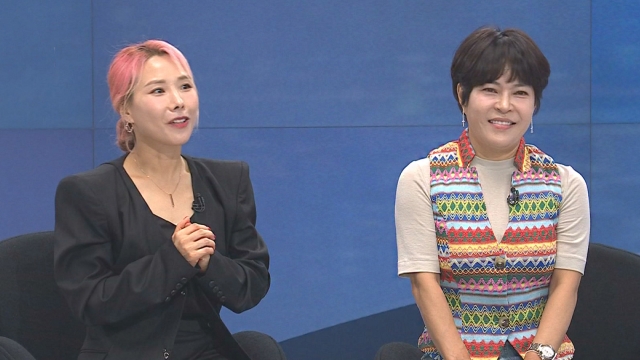
The One K-Pop MV Teaser That Fans Agree Is Absolutely Legendary
2023년 07월 18일
The Sharp Decline Of Young Students In South Korea Has Netizens Worried For The Future
2023년 07월 18일[ad_1]
Books are a medium that connects people in more ways than you might think. In normal media, creators create content and deliver it to those who find the content. Of course, with recent technological advancements, there are media that allow real-time two-way communication. Books also have the ability to deliver content created by someone. Publishing is a very traditional medium. However, regardless of this, there is a relationship between exchanging books themselves. Buying, selling, or lending books. People gather because it is a space where people read books together, communicate, and just collect books.
In that sense, bookstores are another medium. Given that small bookstores have been steadily attracting attention in Korea recently, bookstores are a new medium. It is no different in Japan. The following is a story from
“According to Shinichi Fukuoka’s book

Those who visited the bookstore yesterday are different from those who came to the bookstore today, and tomorrow’s bookstore will be different from today’s bookstore. People gathered around the bookstore form relationships with people through books. Perhaps people who like bookstores or dream of becoming bookstores prefer this type of connection and communication. Bookkeepers try to find books that suit each person, and customers expect bookkeepers to curate them. Bookstores look static on the outside, but they change and adapt like an organism.
People don’t go to bookstores just to buy books. Internet bookstores offer discounts on books, so neighborhood bookstores that receive regular prices are relatively less cost-effective. Large bookstores allow you to browse books without any burden, but it is an embarrassing experience to just look around at a neighborhood bookstore where you can see the bookstore space at a glance.
As a bookkeeper, you have to prepare books that are worth opening your wallet, and there is a burden of being responsible for the atmosphere and feeling when you stay in a bookstore. In fact, bookstores are more of a space for those who like to buy books rather than read them. In the article titled ‘I’m not buying the book I want to read now’, the author said, “The bookshelf is like a brain attached to the outside of the body, so if you make it rich, the total amount of knowledge and emotions can also be expanded. Even if it is a book I bought when I could and haven’t read it yet, it is enough to fulfill my role as it is on the bookshelf.”

The busiest time in the bookstore is when there are events such as ‘conversation with the author’ or ‘reading group’. Active communication is carried out through the medium of books. Usually, when one or two customers visit, book recommendations or book deals are made. This is the image of a bookstore drawn by people who dream of a bookstore. However, when no one visits the bookstore, only the bookkeeper can know the daily life, emotions, and thoughts of the bookstore. The book shows such a life of a bookkeeper. It is a somewhat tedious routine of arranging books and displaying new ones.
Right after Corona 19 came, I had to endure that silence more heavily. On a weekend in late March 2020, the governor of Tokyo requested to refrain from going out. The author decided to temporarily close for both days. At that time when anxiety came to self-employed people, people ordered books online. The warmth that came so far did not cool down. The author said, “Unlike the time when I didn’t know who to open the door for, now there are people who deliberately order books like this at a bookstore called Title.” “The power to continue the bookstore,” he said.
Tsujiyama Yoshio worked for nearly 20 years at Libro, a large bookstore, before opening a small bookstore in Ogikubo, Tokyo in January 2016, curating books and writing reviews. There is a passage that allows us to guess the background of his resignation from his large organization. The strength of this book is that although it is an example of a Japanese bookstore, the contents of the book as a whole are similar to the situation in Korea so that it is difficult to feel the difference in nationality.
The author said, “Most organizations tend to manage people, but individual work that goes beyond the manual is far from management.” ” he said. This is also the reason why many office workers dream of starting their own business. At the same time, after becoming a bookkeeper, I compared how they are different through metaphors.
“Franz Kafka’s
The reason he opened a bookstore and continued is because of my freedom to take responsibility for everything and the freedom that comes from responsibility. Bookstores maintained in this way are fortunate to have people who match the atmosphere and feel of the bookstore. So, it may be that small bookstores keep popping up not only in Korea but also in Japan.
[ad_2]




